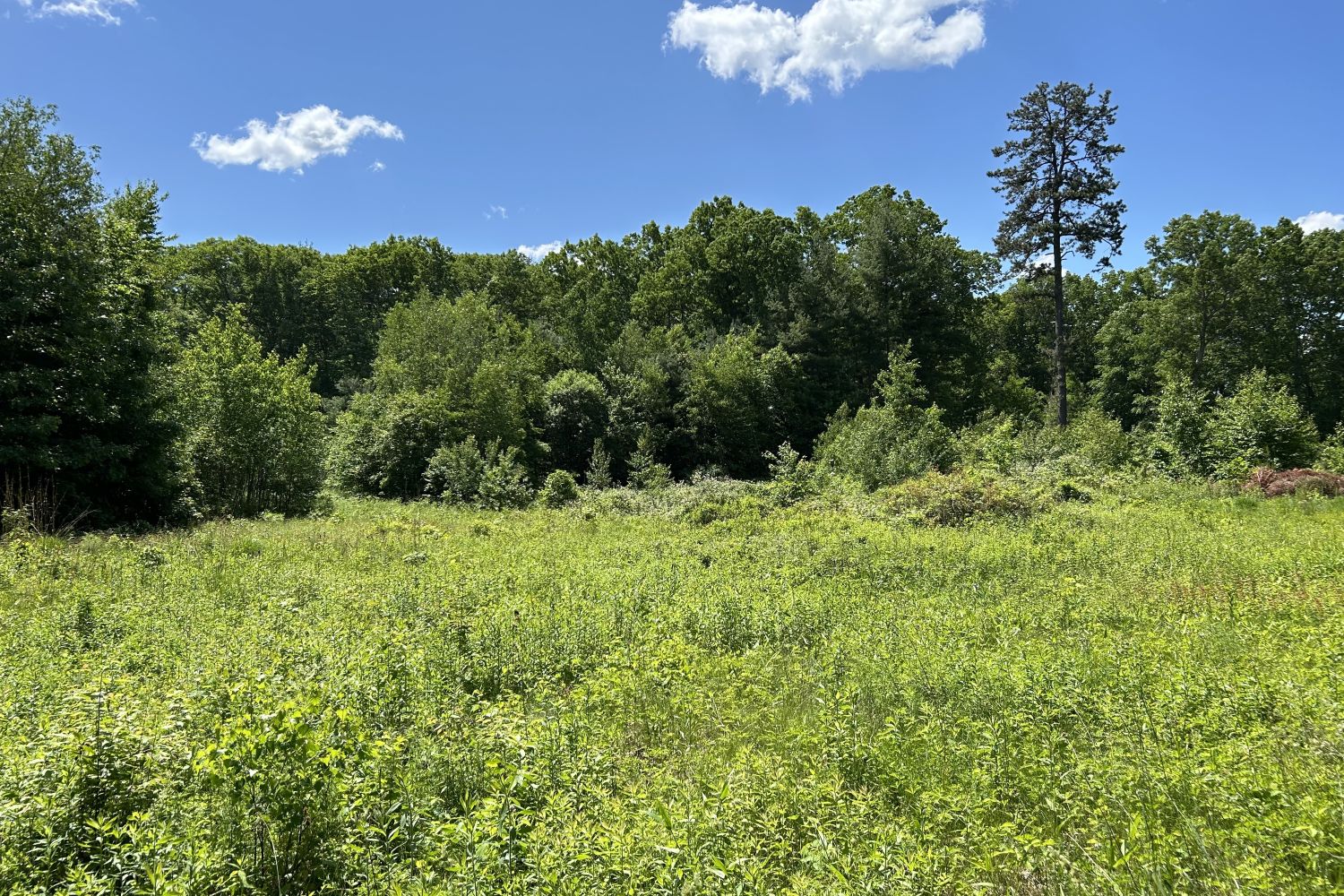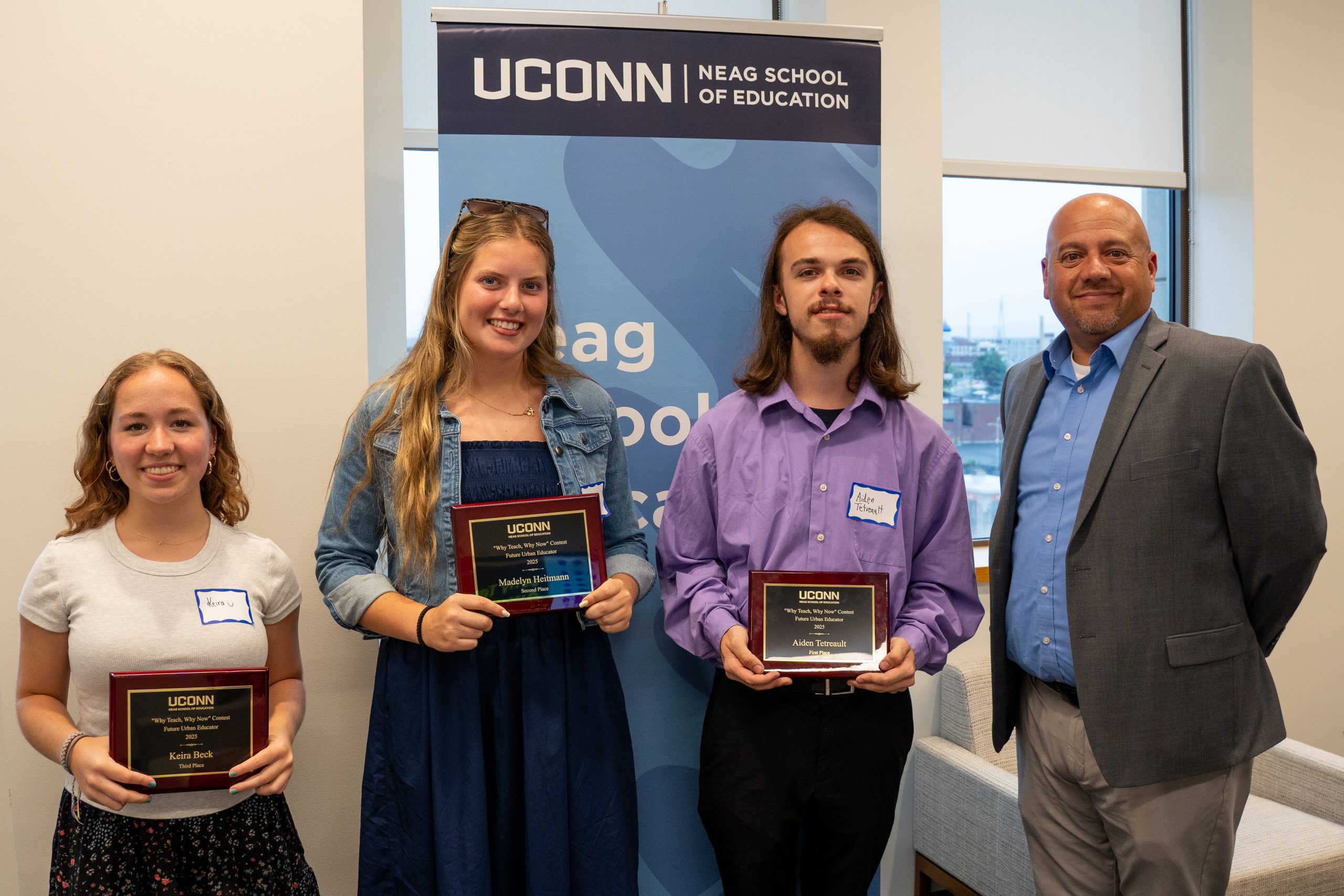A new label on food packaging could soon alter the purchasing habits of American shoppers and significantly affect producer operations. A federal law will take effect in July 2018 that informs consumers about the genetic science that may be at work behind their favorite foods. This designation may lead to price increases and other far-reaching consequences in the grocery industry and beyond, says Assistant Professor John Bovay of the Department of Agricultural and Resource Economics, UConn Extension, and the College’s GMO Working Group. Bovay has started investigating how the execution of the legislation might take shape and the ways it could reverberate through the national economy.
The National Bioengineered Food Disclosure Standard (NBFDS) law introduces labeling standards that require companies to disclose if genetically modified organisms (GMOs) are present in their products. Although many consumers and non-government organizations (NGOs), such as the Non-GMO Project, champion greater transparency and increased awareness about the foods we eat and drink, Bovay cautions that it could further perpetuate misconceptions about the safety of genetic engineering (GE) technology in food production. These factors could drive customers and producers to respond in ways legislators may not have intended or foreseen. These reactions also largely depend on how the government decides to implement and regulate the law, but they have thus far offered few details on their plans. Despite these challenges, Bovay is drawing from prior examples of labeling initiatives and consulting other relevant studies to project the outcomes and costs of the new law. Bovay is completing his research with Julian Alston, a distinguished professor in the Department of Agriculture and Resource Economics at the University of California, Davis.



